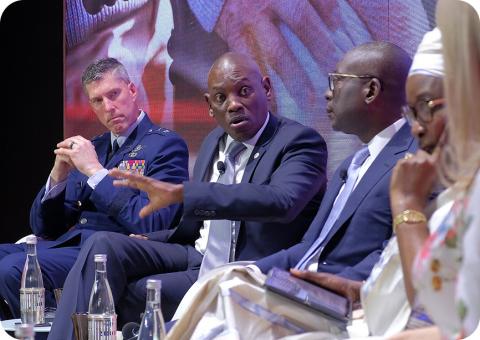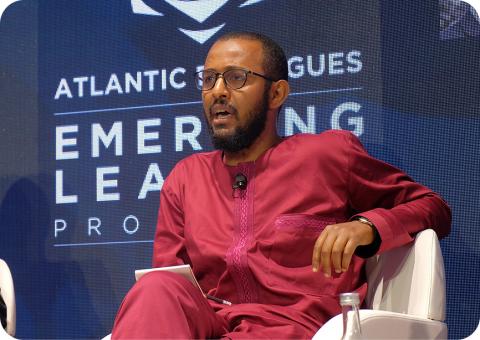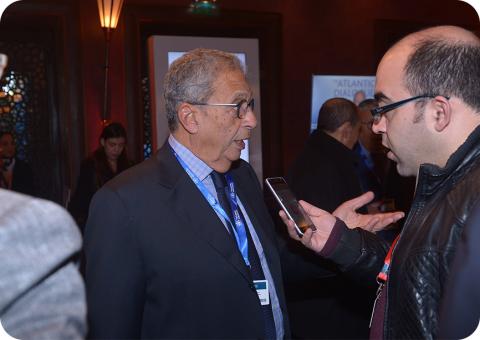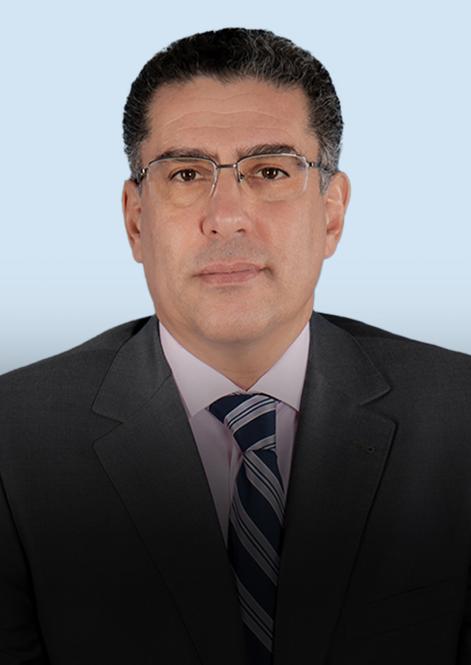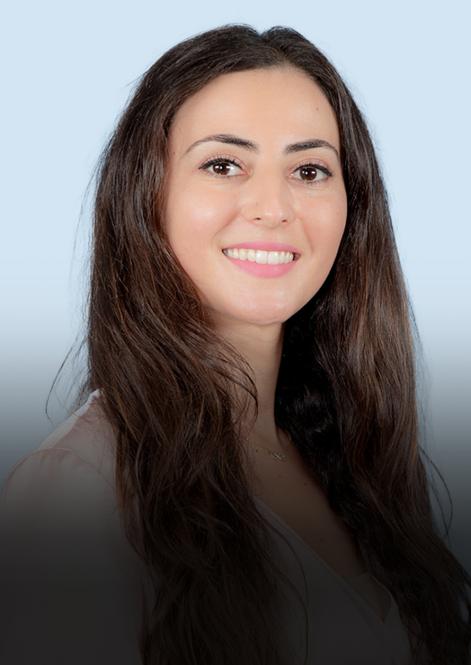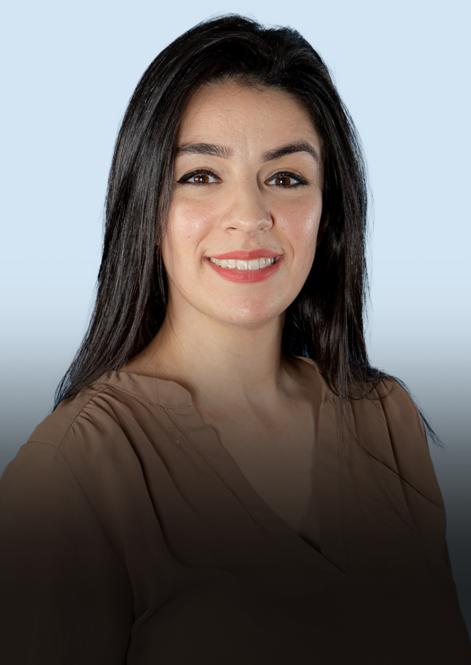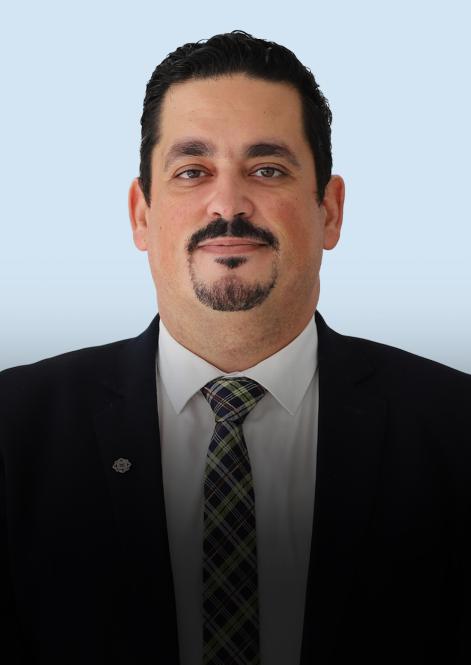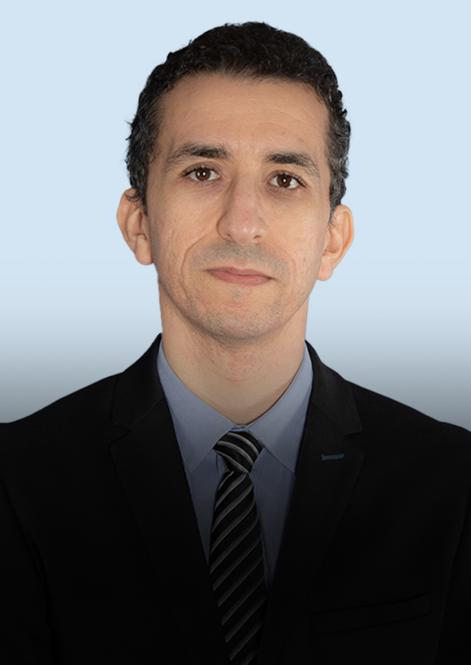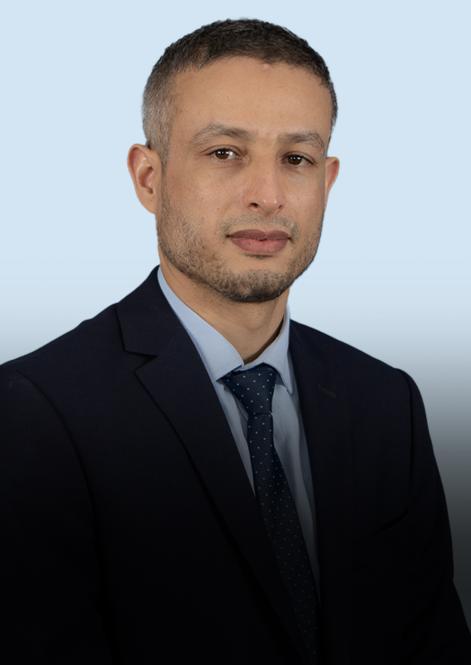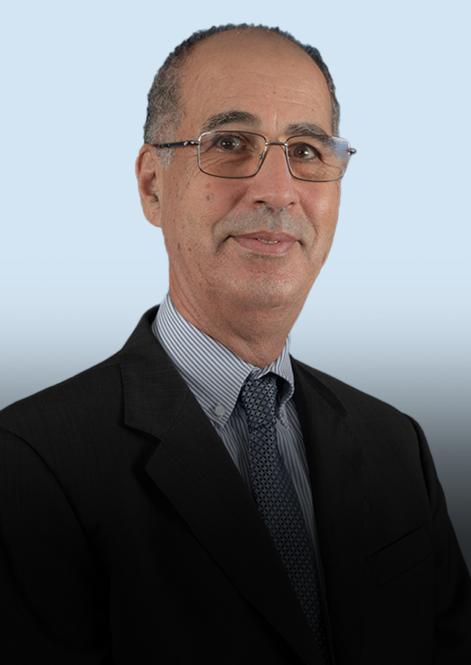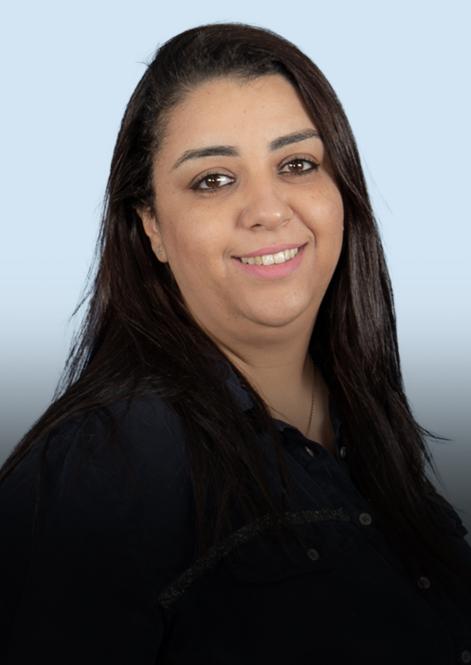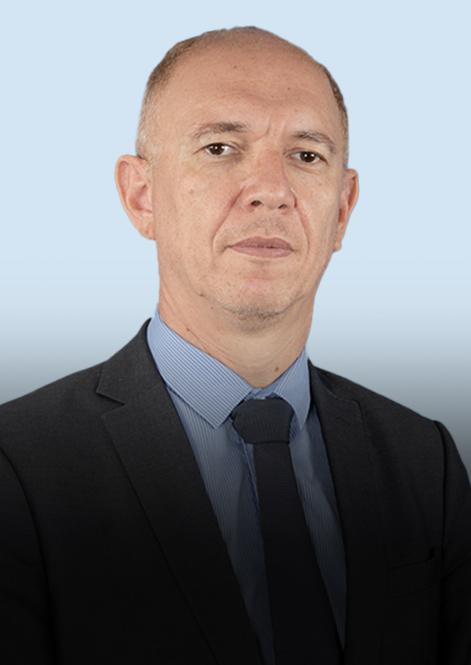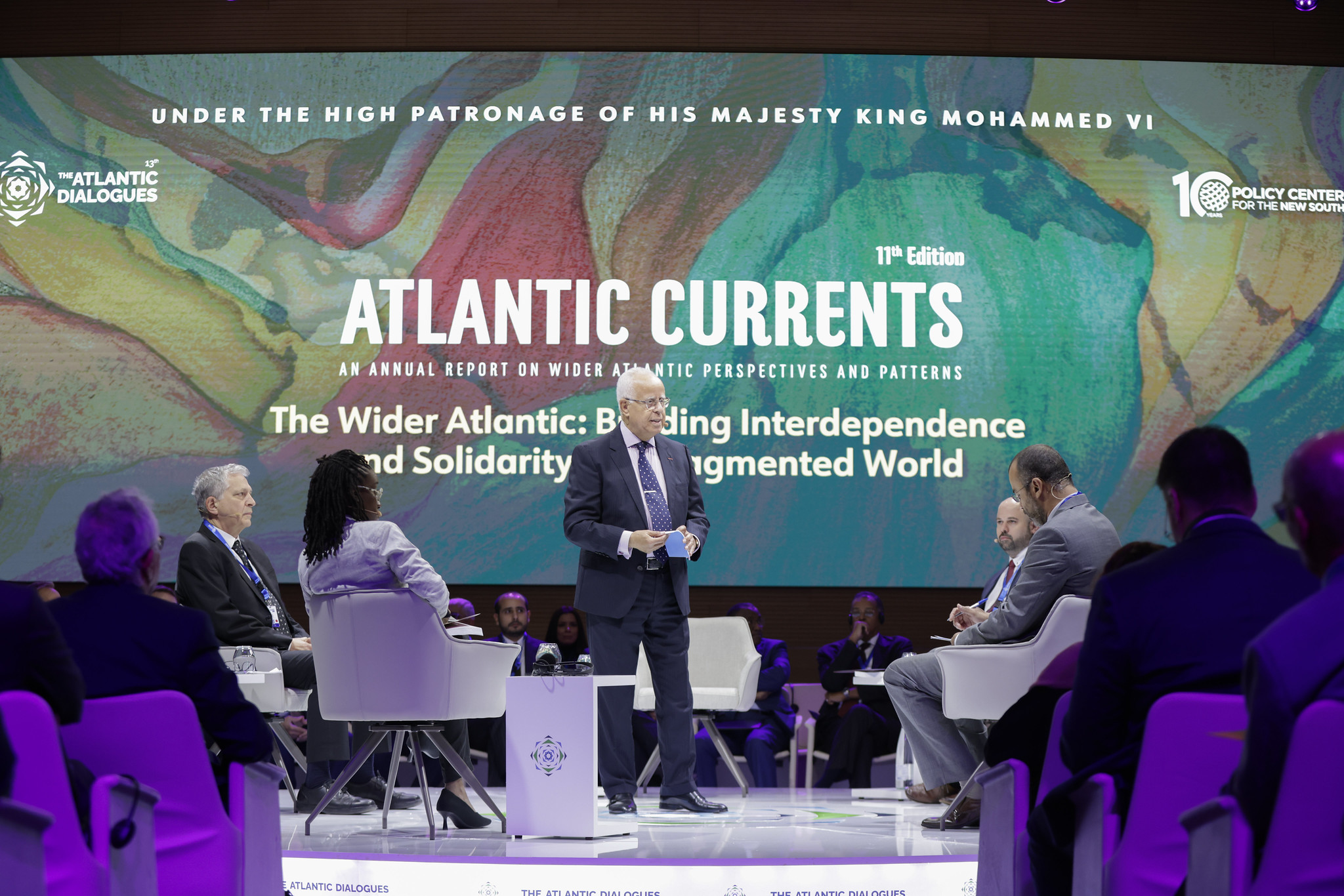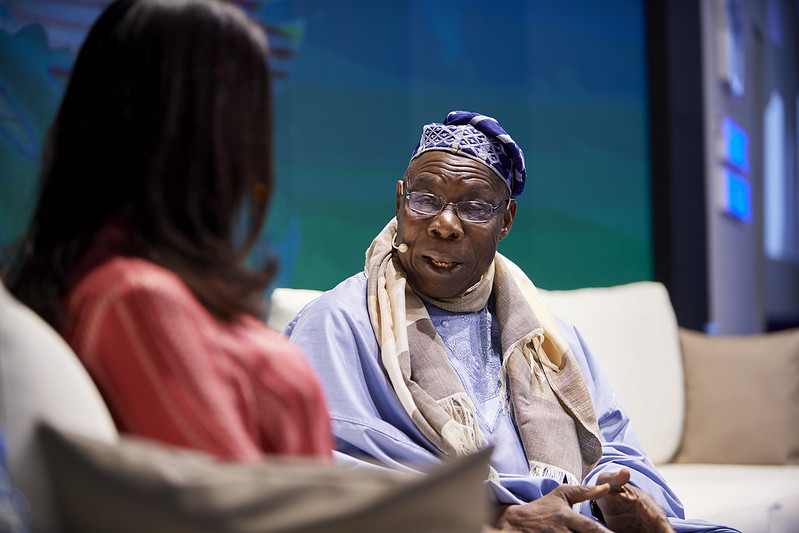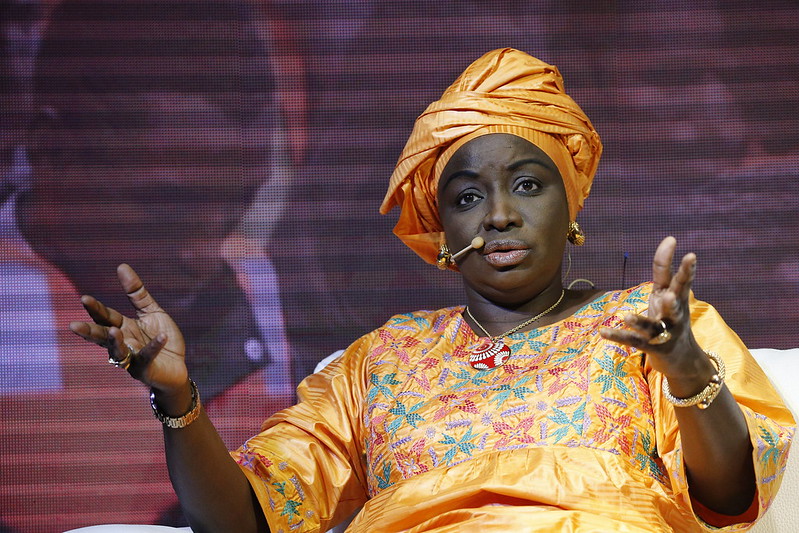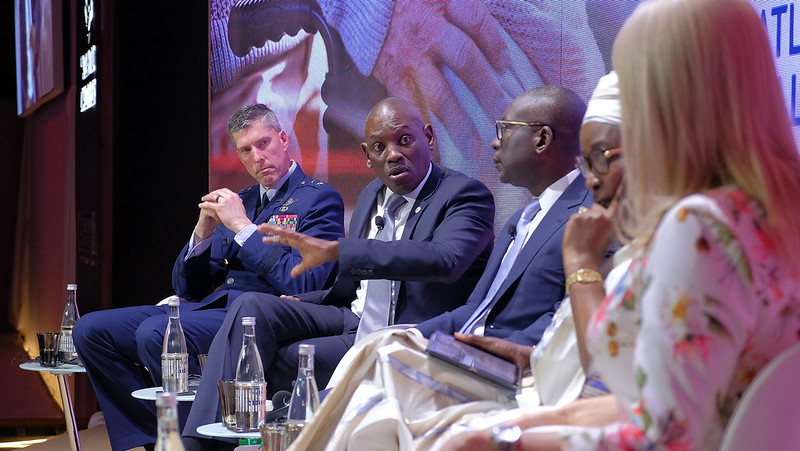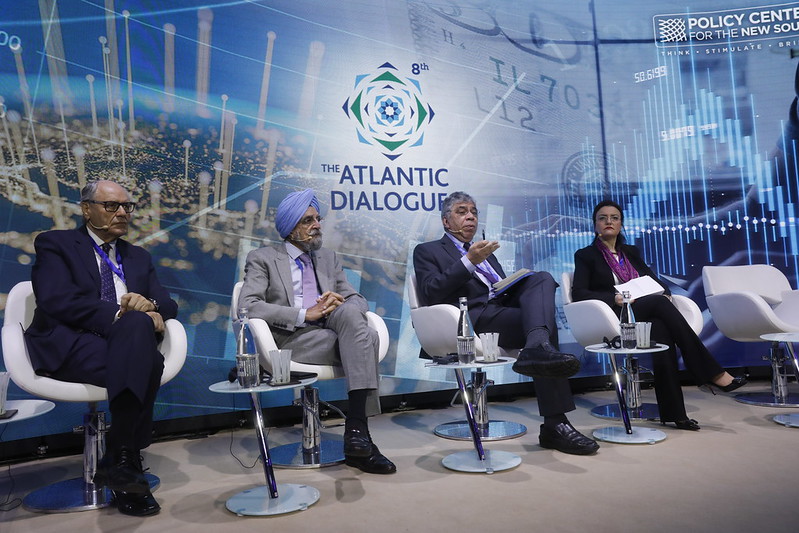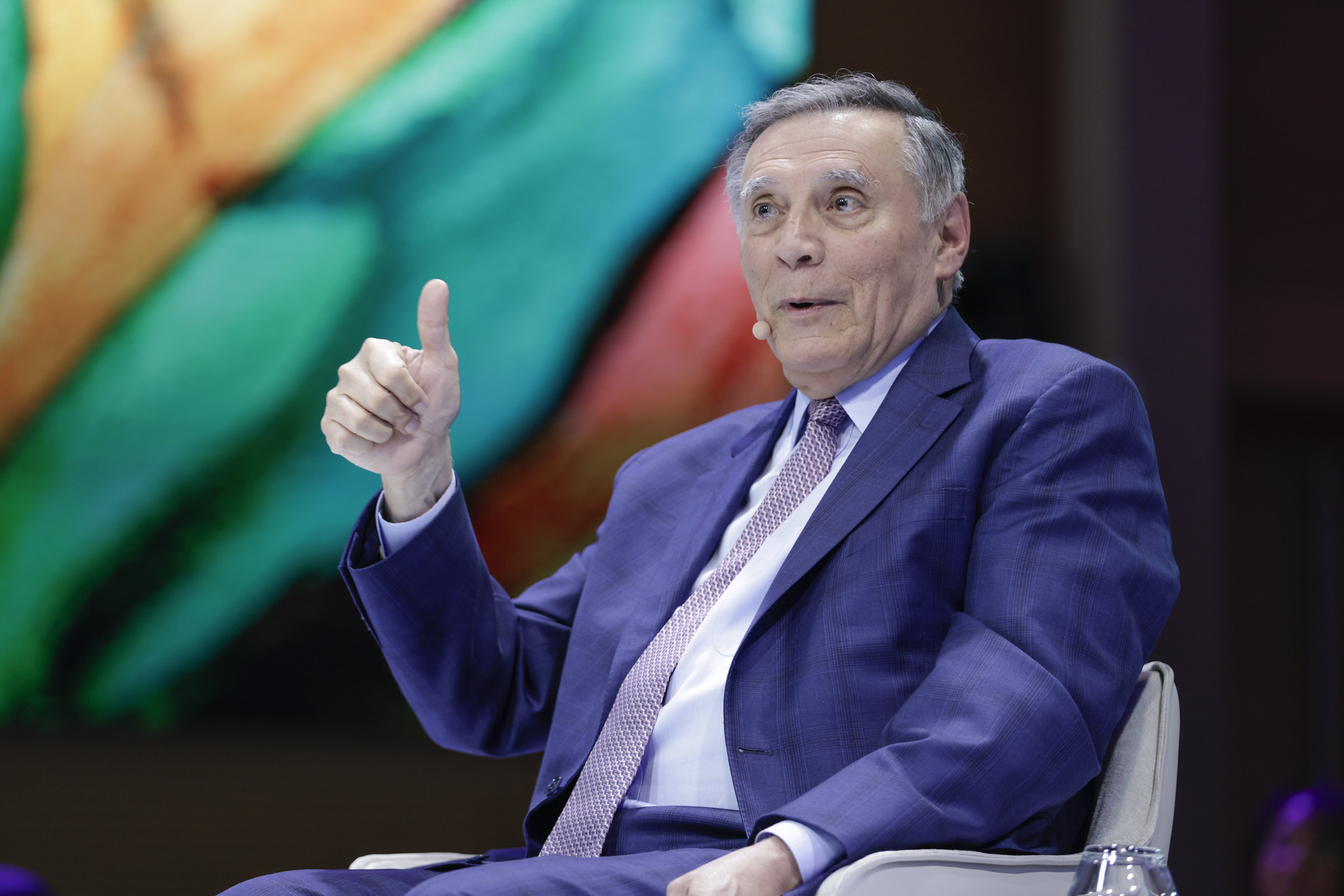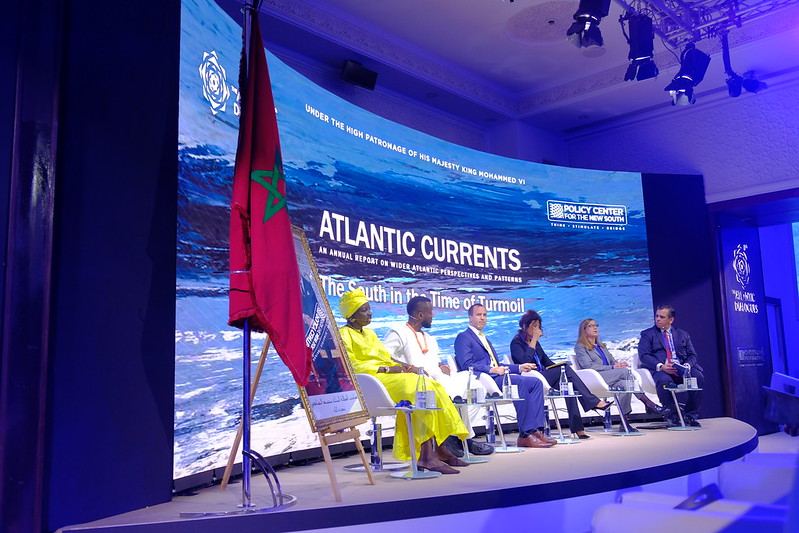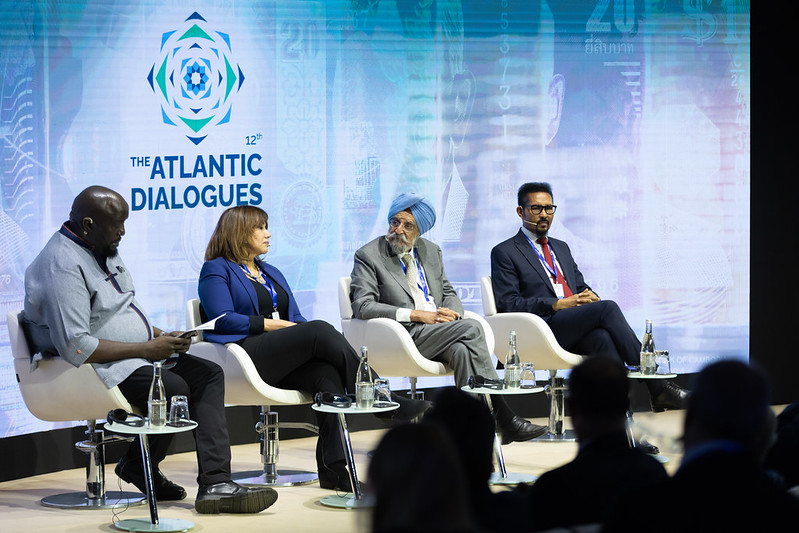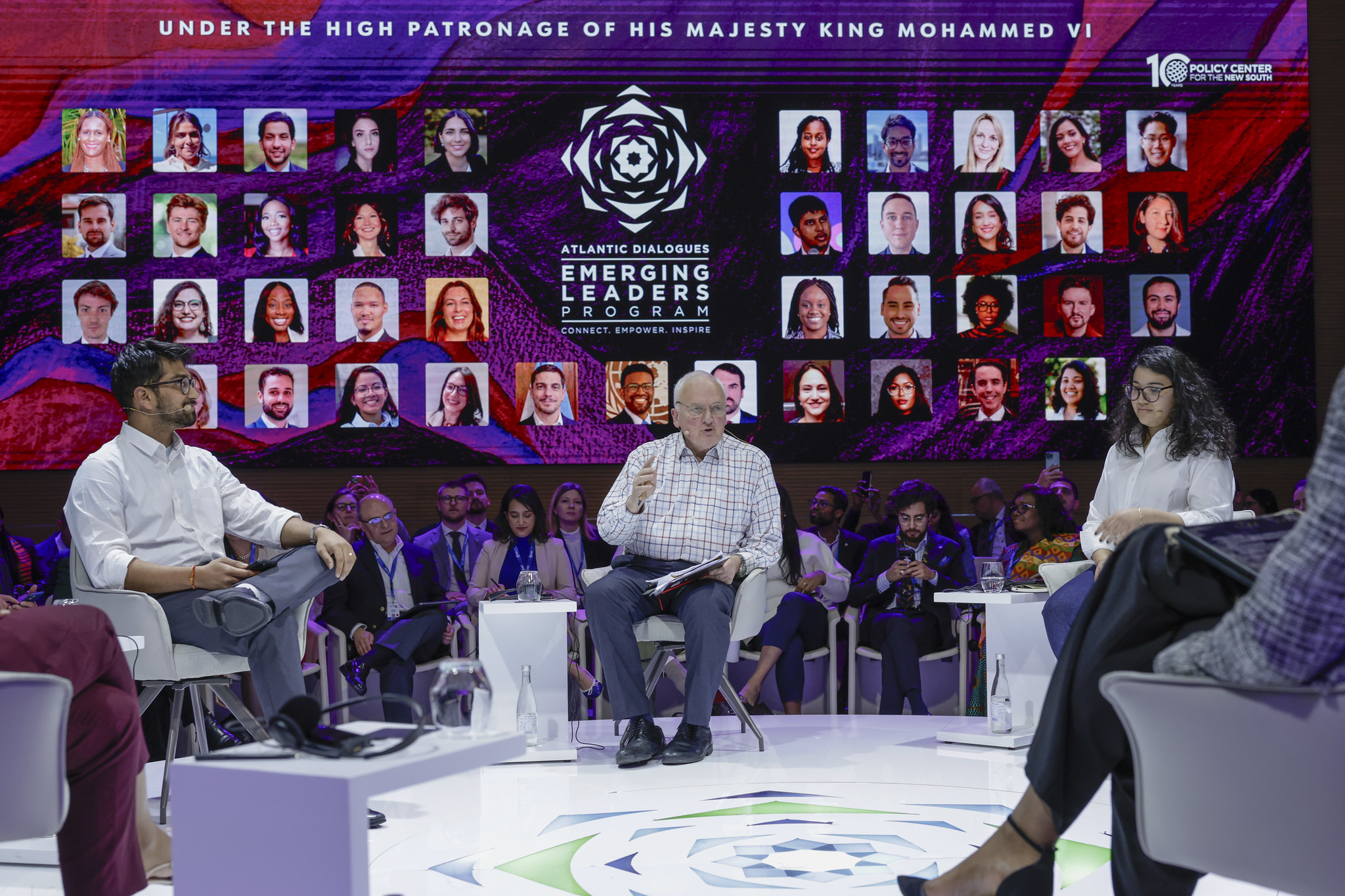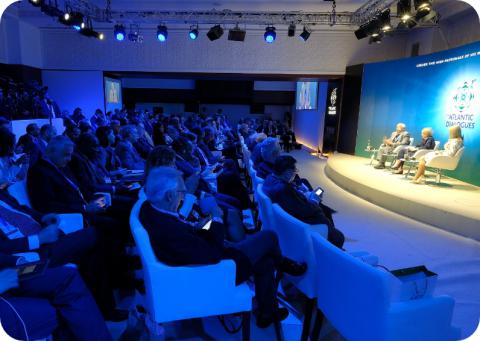
 TEASER #AD2025
TEASER #AD2025

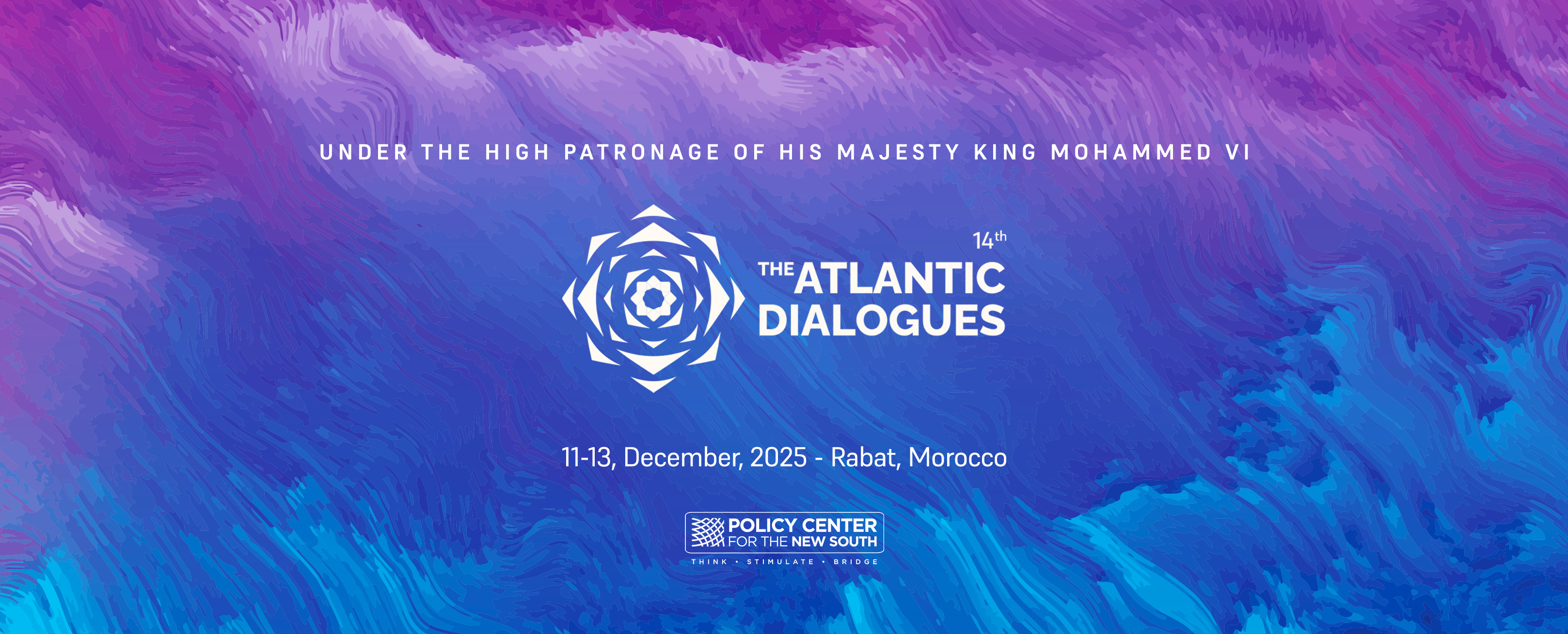
Under the High Patronage of His Majesty King Mohammed VI, the Policy Center for the New South is organizing the 14th edition of The Atlantic Dialogues, its annual high-level international conference, from December 11th to 13th in Rabat, Morocco. The Atlantic Dialogues is an annual high-level gathering of influential public and private sector leaders from around the Atlantic Basin for open, candid and informal discussions on cross-regional and cross-sectoral issues.
The Policy Center for the New South has established The Atlantic Dialogues conference as a cornerstone for debate and cross-cutting dialogue, addressing topics of regional and global interest and rebalancing the South-North debate. Over the years, the conference has become a meeting point between the four continents of the Atlantic and has sought to suggest a new understanding of Atlantic dynamics – the Wider Atlantic- underscoring the importance of the South Atlantic in the global geopolitical debate, and building bridges between Africa and South America, in dialogue with Europe and North America.
Format
The Atlantic Dialogues is designed to create an environment that is conducive to facilitating concrete discussions that lead to actionable outcomes. Sessions are designed to promote frank, interactive, and informal discussion through a mix of plenary panels, smaller breakout sessions, night owl discussions, and keynote addresses. The conference brings together a network of individuals instilled with a new “mental map” of Atlantic issues, partnerships, and potential. This is achieved through skillfully moderated discussions between the audience and expert discussants.
The Atlantic Dialogues provides an important forum for inclusive dialogue. The format does not allow for speeches during discussions, nor does it allow for formal or seminar-like presentations.
The official proceedings of the Atlantic Dialogues will be conducted in English and the plenary sessions will be livestreamed on the conference’s website.
The Atlantic Dialogues Emerging Leaders Program
In 2025, the Policy Center for the New South will be holding its 12th edition of the Atlantic Dialogues Emerging Leaders Program (ADEL), the think tank’s flagship and annual young professionals program that connects, empowers and inspires 40 young leaders who are between 25 and 35 years of age from across the Atlantic Basin. These change-makers are selected from a pool of over 1000 candidates every year and join an ever-growing community of Emerging Atlantic Leaders that has now reached over 450 active members. More information about the annual ADEL program and growing ADEL community is available here.


